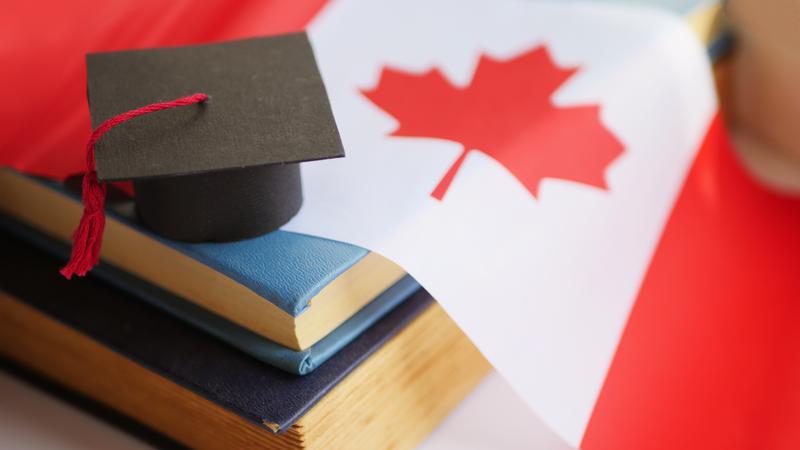
NDP promises tuition freeze, but public interest group says it isn’t enough
The NDP say they’ll freeze post-secondary tuition if elected this May, but one organization believes their promise doesn’t go far enough.
This week, the Official Opposition announced it would freeze tuition and reverse the latest round of hikes, meaning they’d stay at 2022-23 levels, the party says.
They’d also cap future increases, saving nearly 300,000 Alberta students a collective $102 million this year, the NDP estimates.
“Post-secondary education is the key to unlocking a better life,” NDP Leader Rachel Notley said. “Whether you’re a young person starting a career, or a not-so-young person changing careers, post-secondary provides that opportunity to increase your income and pursue your dreams.”


